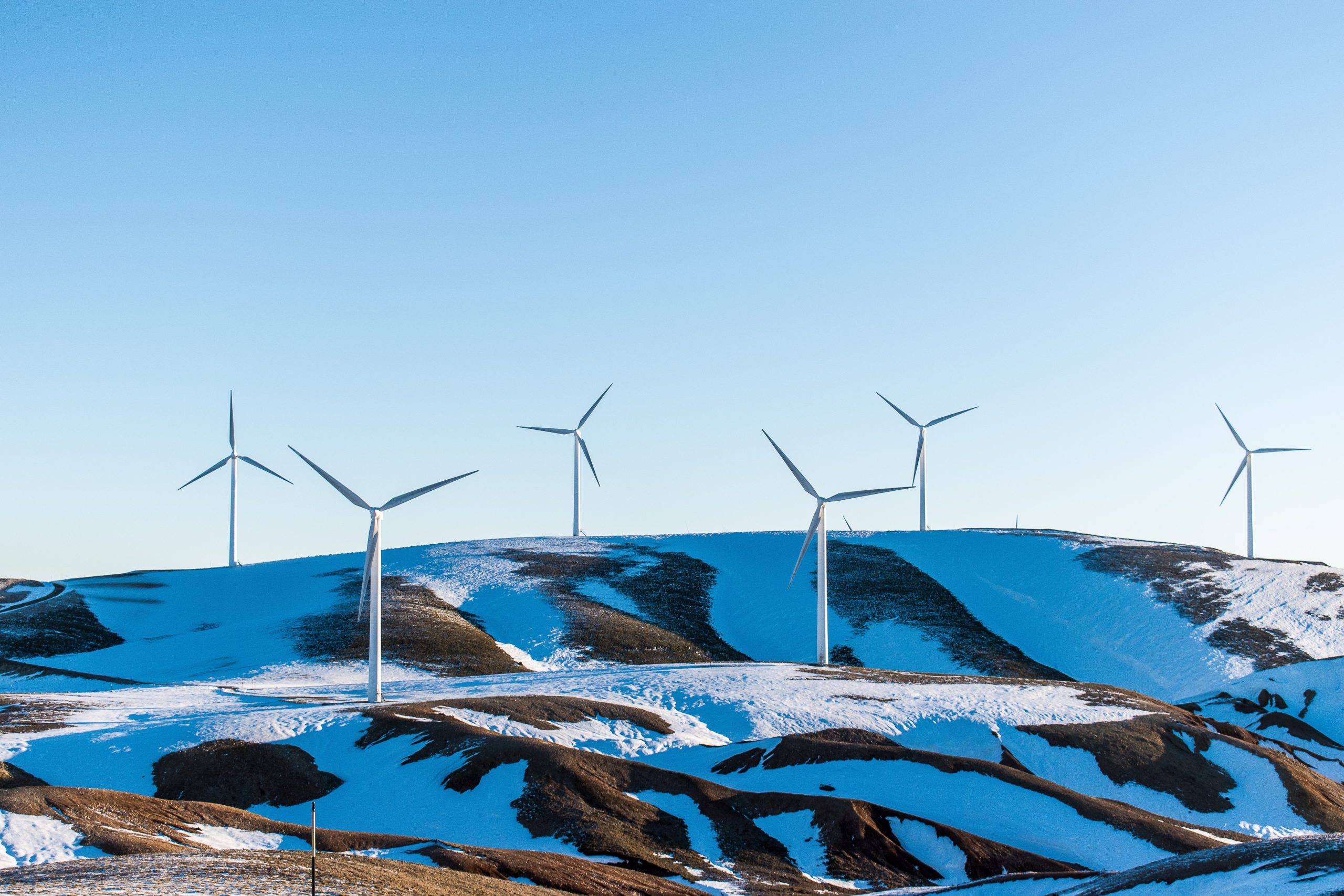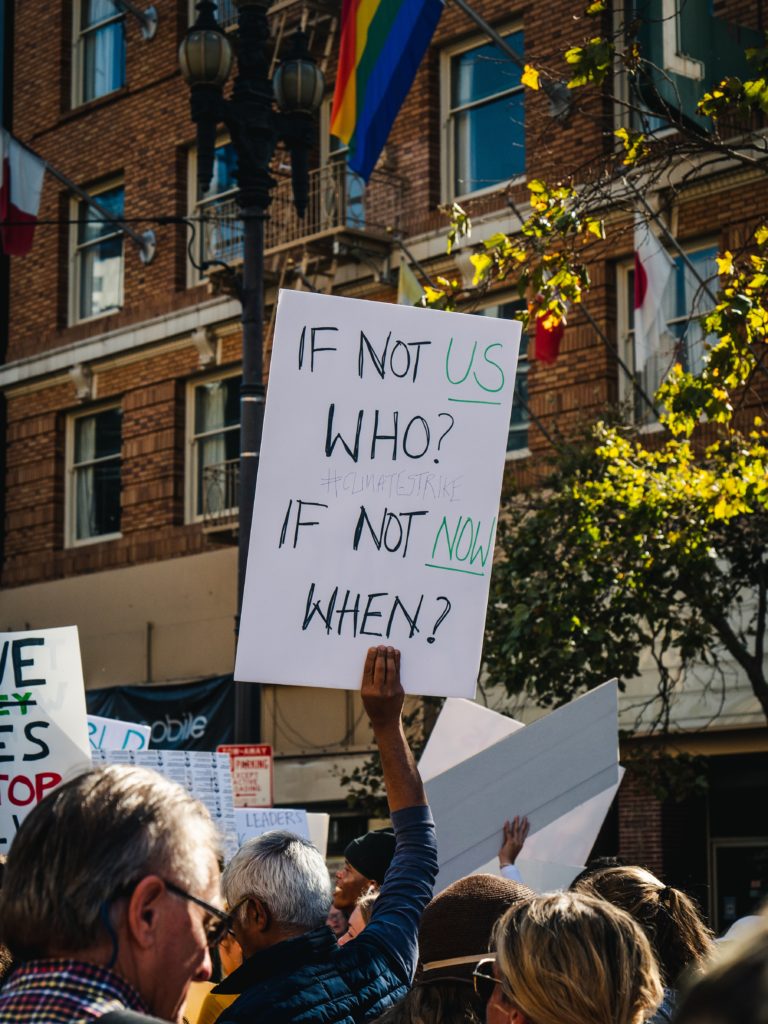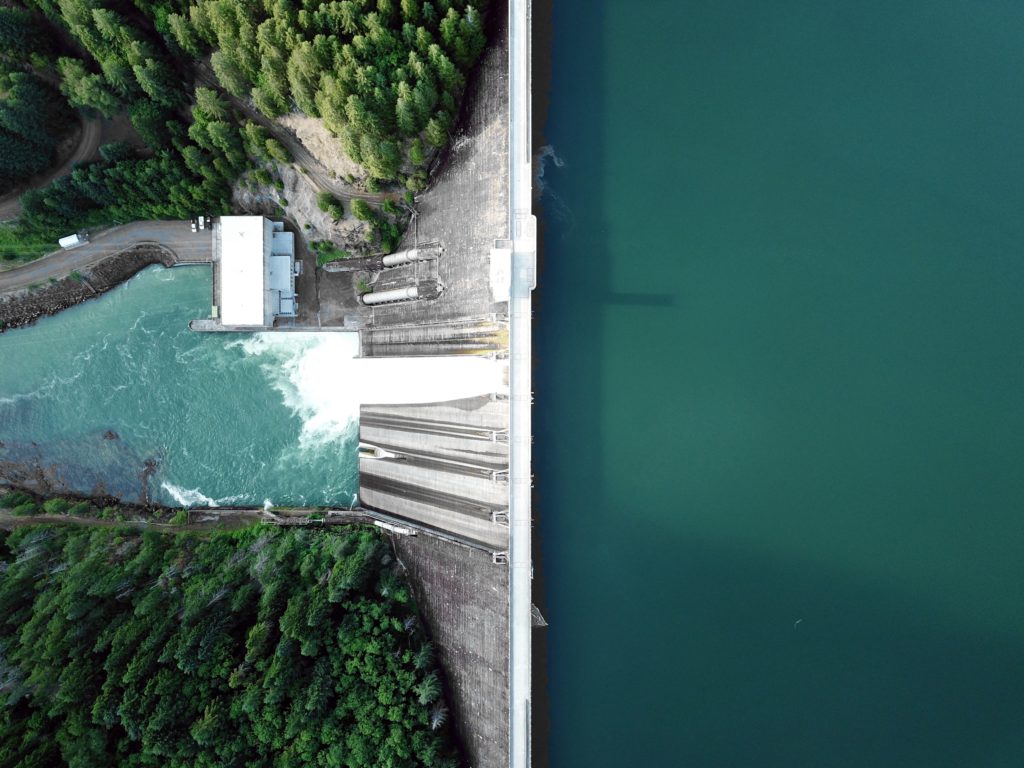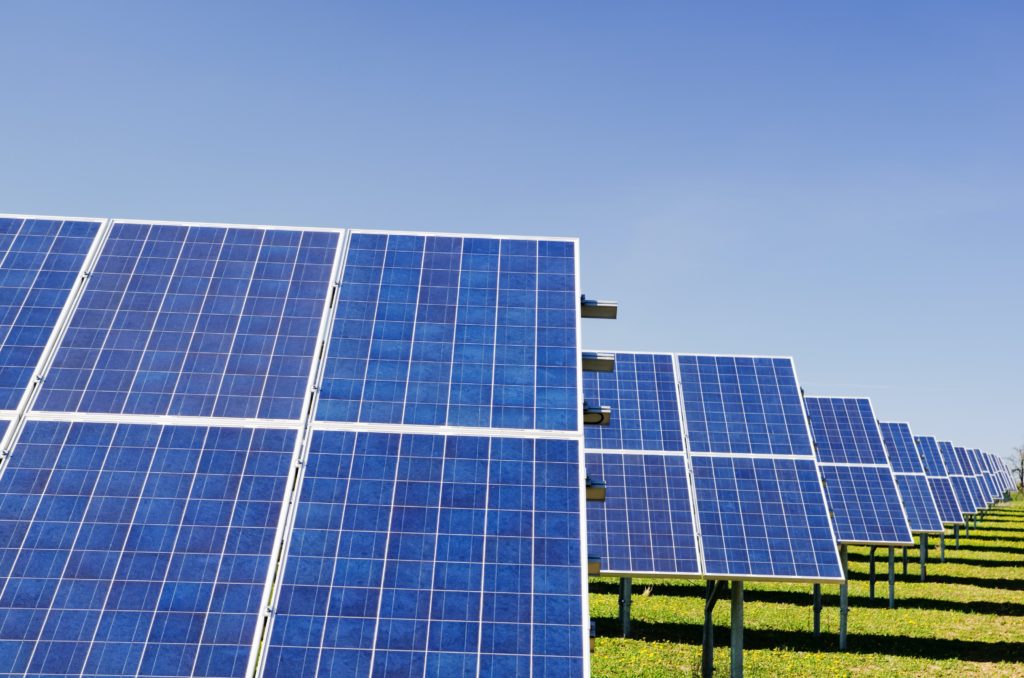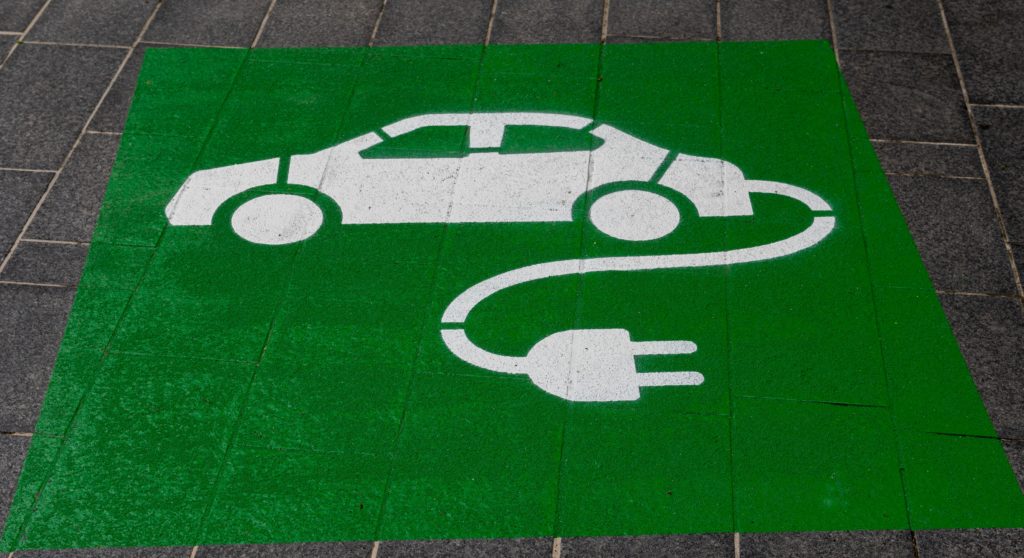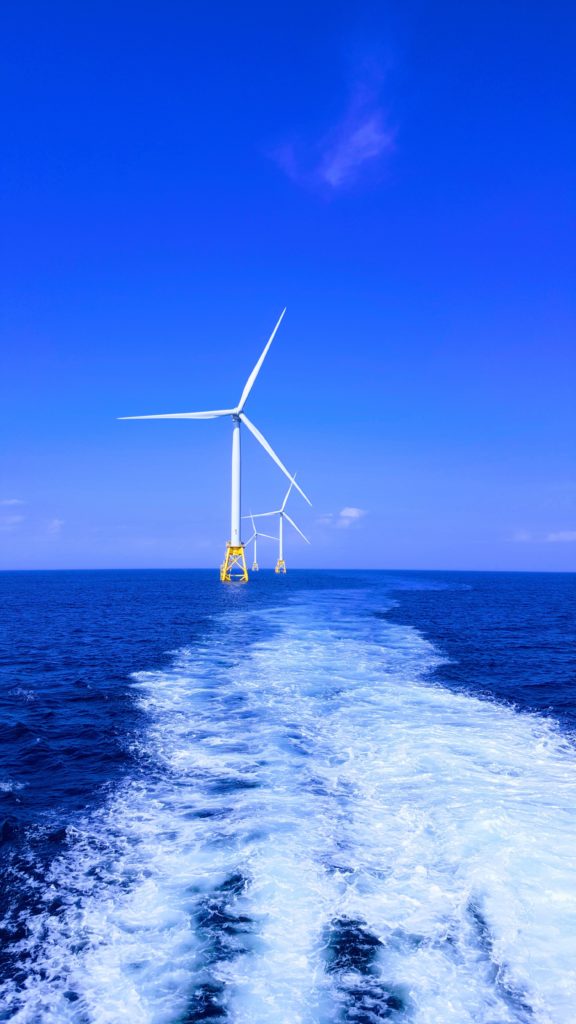Halting the destruction of nature is no small feat, it requires a holistic outlook and a range of solutions applied together. At the crux, is the need to fully transition to a green economy. An economy whereby the growth in employment and income are driven by investment into such economic activities, infrastructure and assets that allow reduced carbon emissions and pollution, enhanced energy and resource efficiency, and prevention of the loss of biodiversity and ecosystem services.
Similar to the industrial and information revolution, we are on the brink of a green economy revolution – and it’s already lucrative, from sustainable finance to green energy. Yet, once again, it’s a race against time.



